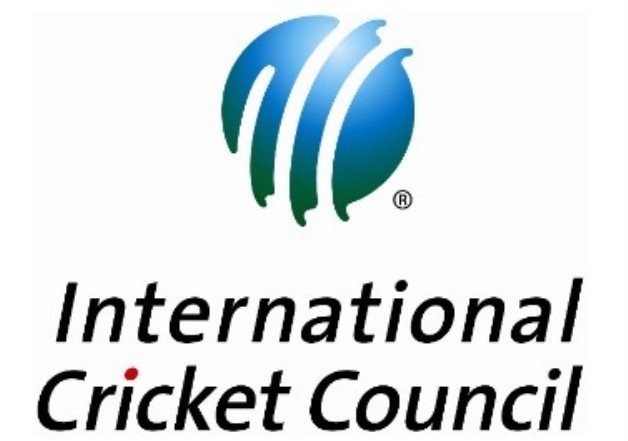
New international Test and ODI leagues agreed in principle by ICC members
The schedules of the leagues, due to start in 2019 and 2020 respectively, will now be finalised.
The Test series league will see nine teams play six series over two years – three home and three away – with each having a minimum of two Tests and a maximum of five and all matches being played over five days culminating in a World Test League Championship Final.
The ODI league will be a direct qualification pathway towards the ICC Cricket World Cup and will be contested by the 12 Full Members plus the winners of the current ICC World Cricket League Championship.
In the first edition of the league, each side will play four home and four away series each comprising of three ODIs moving to all teams playing each other from the second cycle onwards.
ICC Chairman Shashank Manohar said, “I would like to congratulate our Members on reaching this agreement and putting the interests of the development of the game first. Bringing context to bilateral cricket is not a new challenge, but this is the first time a genuine solution has been agreed on.
“This means fans around the world can enjoy international cricket knowing every game counts and in the case of the ODI league, it counts towards qualification to the ICC Cricket World Cup.”
ICC Chief Executive David Richardson said, “This is a significant point in time for ICC Members and our collective desire to secure a vibrant future for international bilateral cricket. The approval of both leagues is the conclusion of two years of work from the Members who have explored a whole range of options to bring context to every game.
“The ICC Board decision today means we can now go and finalise a playing schedule for the first edition as well as the points system, hosting arrangements and competition terms.”
The ICC Board approved a trial of four-day Tests matches to run through until the ICC Cricket World Cup 2019.
Members will be able to schedule four-day games by bilateral agreement and a set of standardised playing conditions will now be finalised.
David Richardson said, “Our priority was to develop an international cricket structure that gave context and meaning across international cricket and particularly in the Test arena. This has been delivered and every Test in the new League will be a five-day Test format.
“However throughout the discussions about the future of Test cricket it became clear that whilst context is crucial we must also consider alternatives and trial initiatives that may support the future viability of Test cricket. The trial is exactly that, a trial, just in the same way day-night Tests and technology have been trialled by Members.
“Four-day Tests will also provide the new Test playing countries with more opportunities to play the longer version of the game against more experienced opponents, which, in turn, will help them to hone their skills and close the gap with the top nine ranked teams.”
A number of decisions around event hosts were taken by the ICC Board in Auckland.
The ICC Cricket World Cup Qualifier will be held in Zimbabwe in March 2018.
Namibia have been confirmed as the host of the ICC World Cricket League Division 2 in February 2018 whilst the Netherlands have been approved as the host of the ICC Women’s World Twenty20 Qualifier 2018.
The process for the appointment of the ICC female independent director was confirmed and the recruitment will get underway in the coming week.
The Board approved a revised draft of Player Eligibility Regulations which will come into effect in due course.
The key changes include:
Eligibility on the basis of nationality (residency) has changed to the player needing to reside in country for a three-year period in both the men’s and women’s games.
Eligibility on the basis of nationality (passport and birth) remains unchanged.
Once a player has qualified to represent a country and has represented that country, he/she shall be considered eligible to play for that country forever more, without having to demonstrate satisfaction of the nationality eligibility criteria at subsequent events or matches.
The stand out periods which apply when a player seeks to transfer and play for a second country have been amended to a flat three-year period regardless of membership status and gender.
Given the change to the residency criteria, any player who has qualified for and represented a country in the three-year period leading up to the effective date of the new Regulations, will be deemed to be eligible for that country moving forward, and will not have to demonstrate satisfaction of the new residency criteria.
Gender Recognition Policy and U19 Age Determination Policy incorporated into Player Eligibility Regulations and one universal disciplinary process will apply to all eligibility matters.
Support Our Journalism
We cannot do without you.. your contribution supports unbiased journalism
IBNS is not driven by any ism- not wokeism, not racism, not skewed secularism, not hyper right-wing or left liberal ideals, nor by any hardline religious beliefs or hyper nationalism. We want to serve you good old objective news, as they are. We do not judge or preach. We let people decide for themselves. We only try to present factual and well-sourced news.





